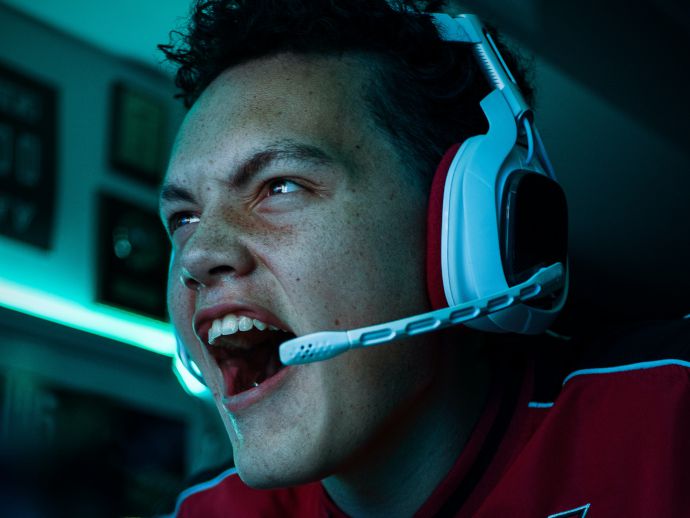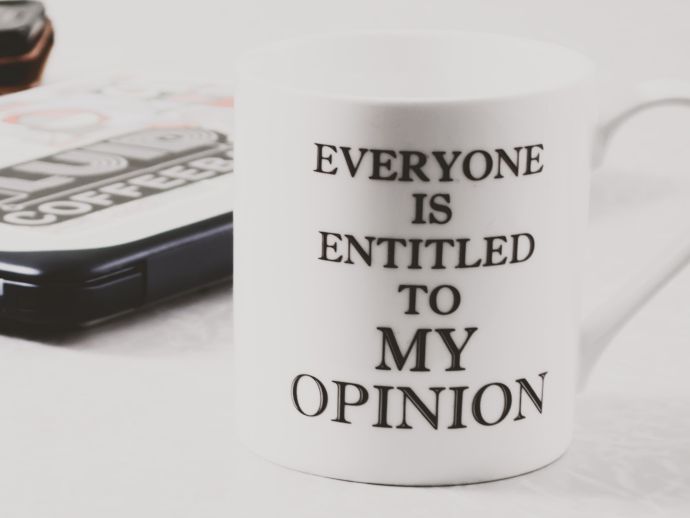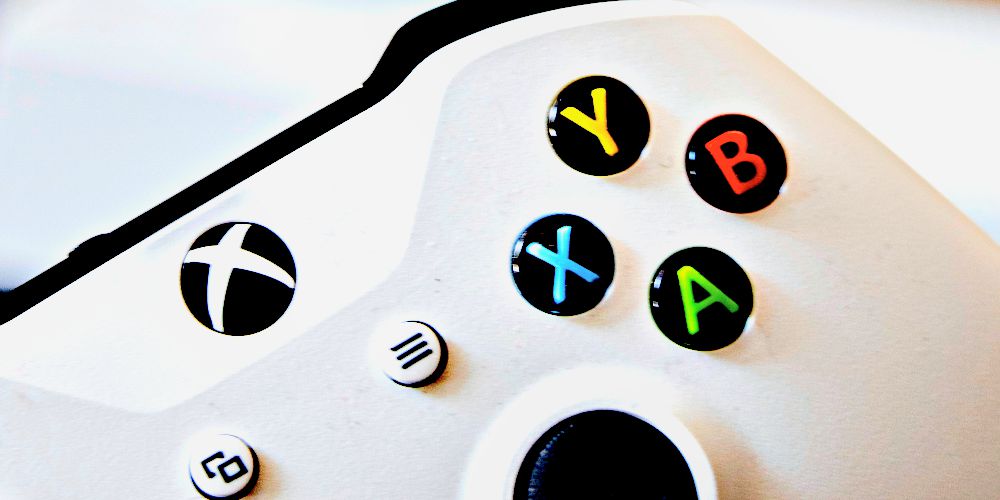It's been several years since I actively participated in online gaming communities—and ever since, my gaming experience has been the most enjoyable it's been in quite some time.
What I've come to realize is that online gaming communities may seem great in theory, but they're actually detrimental in several ways. Like social media, it's better to stay away if you can.
Here are some reasons why online gaming communities may be having a negative impact on you, and why you should consider participating less—or stopping altogether.
1. They Enable Negative Ranting

No video game is perfect. Every video game has flaws.
Even for video games you love with all your heart, I'm sure you can think of a few improvements that would make it even better. Maybe an existing feature could be tweaked, or maybe it's missing some functionality that would be awesome to have.
Maybe you're content with the game as-is and you don't feel the need to voice your thoughts. And that's perfectly fine.
But somebody out there will feel the need to raise a fuss about this feature or that issue. It doesn't matter how minor or insignificant it may be in the grand scheme of the game—every community has its share of nitpickers.
And they do so loudly. They hop onto the nearest forum, subreddit, or Discord server and rant about all the things wrong with the game. Or all the ways it could be better.
The problem is, people who are satisfied with the game aren't making the same kinds of rants; they're busy playing the game and enjoying it. The negative ones are the loudest and most visible, even if they make up a small percentage of the community.
And as a lurker of that community, you'll start to wonder if this game you love maybe isn't as great as you thought it was. Mere exposure to all the negativity may taint your own enjoyment.
2. They Promote Groupthink

Most online gaming communities have a hivemind mentality. The larger the community, the more likely it is to be a hivemind.
On Reddit, all the popular opinions get upvoted while any dissenting opinions get buried under downvotes. Original thoughts lose visibility, so users are only exposed to the popular opinions. And eventually everyone accepts those opinions as fact.
On Discord servers and elsewhere, the most active users with the most "street cred" sway the community's groupthink. Independent thinkers are debated and ridiculed to the point of switching sides or leaving the community altogether.
This is especially true in competitive gaming communities.
A prominent community figure comes out with a hero tier list (e.g. Super Smash Bros) or a particular skill build or item build (e.g. League of Legends) and everyone gobbles it up. If you try something different, you're mocked as a noob.
All of this groupthink leads to a stale meta where everyone is playing the same thing and afraid to try anything else, either because they want to win or because they want to seem smart. Gameplay used to be so diverse before groupthink took over.
3. They Allow Players to Coerce Devs

Groupthink doesn't just lead to stale metas and boring builds—it affects balancing discussions and design suggestions.
Players who accept the hivemind's thoughts as gospel will rant endlessly about X being too weak or Y being too strong. Maybe their rants are true, but maybe they aren't.
Most online gaming communities don't actually put in the necessary effort to make these kinds of evaluations.
And this is exacerbated by the fact that every player, regardless of skill level or experience, has an equal voice.
Let me be clear: I don't think top-level players are the only ones who deserve to share their opinions, and I don't think low-level players should be ignored because of their lack of skill.
But it's a real problem when everyone presents gameplay suggestions and demands that their opinions be accepted. Many players have knee-jerk reactions, make snap decisions, and think they know everything there is to know.
And when prominent community figures begin to soapbox about this or that, it puts pressure on game developers. When the pressure becomes too great, they may be forced to make bad changes just to appease a vocal community of groupthinkers.
4. They Feed Player Insecurities

One of the main purposes of an online gaming community is to talk about whatever game the community is centered on.
For competitive games, that usually involves highlighting awesome plays (and sometimes it also involves making fun of terrible plays). Call of Duty montages and DotaCinema's Top Plays Weekly come to mind. This kind of content is a competitive staple.
For other games, like Minecraft or Animal Crossing or Legend of Zelda: Breath of the Wild, people share their creative builds and decked-out islands and cool tricks that they can pull off.
There's nothing inherently wrong with any of this, but how does this content affect average players like me?
Seeing all of this top-level content is fun and awe-inspiring at the beginning, but after a while all of that exposure can become quite demoralizing. It's a lot like social media.
Why am I still a Gold-ranked player after all these years? Why does my island look like garbage no matter what I do? Why can't I beat this boss, let alone kill him without taking a single hit of damage?
Mere exposure to so much "world-class" content can leave you feeling like there's something wrong with you—as if that world-class gameplay is the norm and you're below trash-tier.
Or maybe you just want to be a distinguished community member, which means doing something distinguished to garner attention. That kind of pressure is a mental burden.
I used to have an insatiable need to "grind my rank" when I was active in communities for Counter-Strike, Dota, Battlerite, etc. I felt like I had to prove my worth as a player in order to win the respect of others in those gaming communities. And it drained a lot of the fun out, turning those games into stressful endeavors.
But I've been playing Rocket League for the past year without plugging myself into any Rocket League-related communities—and I'm having the time of my life. I don't care about my rank. I just log on to have fun. And it's awesome!
Gaming Communities Aren't Worth It
Are online gaming communites ALL bad? Of course not.
They're a great way to make new friends, find people to play with, and kill time when you're bored. They're helpful when you need tips on how to improve or when you're stuck.
But in my experience, online gaming communities are more harmful than good. If you're active in one (or more) and you're finding less and less enjoyment in games you once loved, maybe it's time to take a step back and try to detox.




